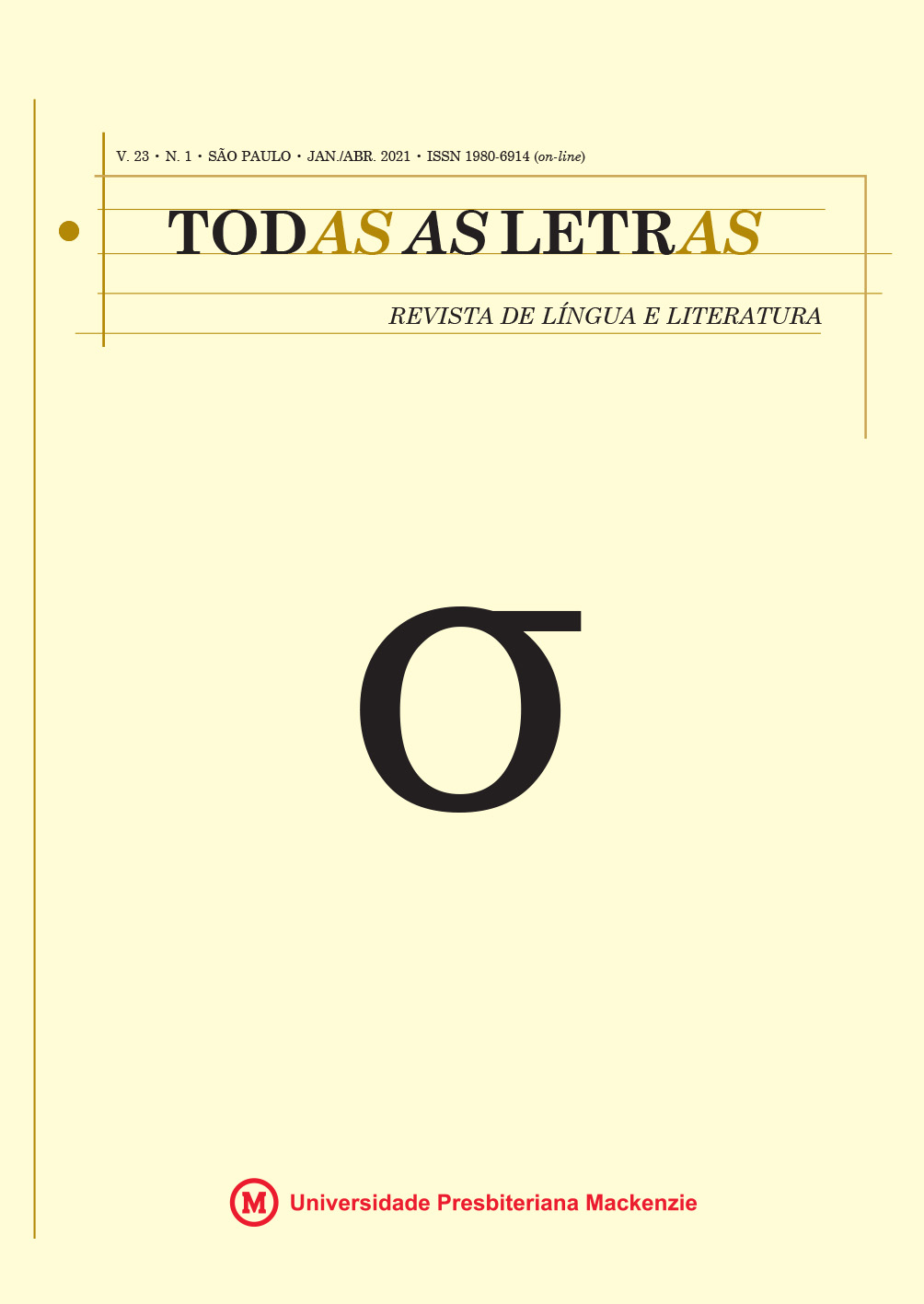Mimesis of Shylock’s inwardness
Keywords:
Mimesis of inwardness. The Merchant of Venice. Shylock’s speech. Language in the play. English Renaissance.Abstract
This essay analyses Shylock’s inwardness in Shakespeare’s play The Merchant of Venice. Shylock’s speech I am a Jew is filled with alliterations, breaks in language and syntactic turns, enhancing his inward floatation and feelings. Moreover, he uses the passive voice as a rhetoric device, whose main effect is to efface the agent of the action. It demonstrates more general and universal ideas of his human condition as well as his similarity to the Christians. The breaks in the grammatical rule suggest his inward confusion and despair. He simply repeats structures with parallelism to demonstrate that he is confused. The grammatical devices depict his inward confused state, signalling his inner rupture and suffering.
Downloads
Downloads
Published
How to Cite
Issue
Section
License
The originals accepted and published become property of Mackenzie Presbyterian University, being forbidden their total or partial reproduction without permission of the Editorial Board, except for study and research.




